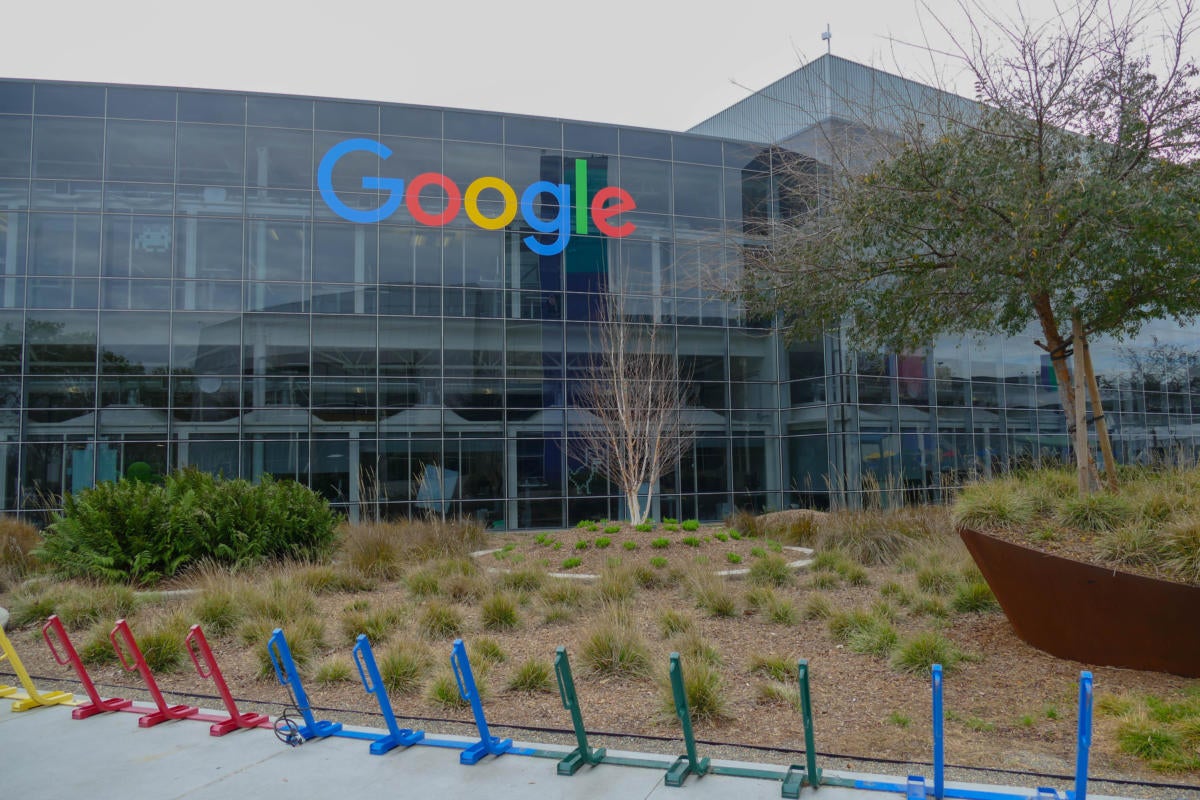
Google’s Duet AI to take on Amazon CodeWhisperer, GitHub Copilot

At its annual I/O conference Wednesday, Google said that it would be releasing a new generative AI engine, akin to OpenAI’s ChatGPT, for users of its cloud platform.
Dubbed Duet AI for Google Cloud, the new engine is designed to help developers code, and also offers assistance to administrators, cloud operators, data engineers, and security professionals in their daily tasks, via various features across the company’s cloud services.
The new generative engine, which is powered by Google foundation models including Codey — also unveiled Wednesday — can provide code recommendations, generate blocks of code, identify errors in code and suggest fixes for developers and data engineers, the company said.
Duet AI will be integrated into Google Cloud services and tools such as Cloud Workstations, Google Cloud Console, Cloud Shell Editor, Cloud Code integrated development environment (IDE) extensions for VSCode and JetBrains.
The engine, just like Codey, is trained on multiple languages such as Python, Java, Go and Typescript.
In April, Google had showcased similar capabilities with its generative AI-based chatbot Bard AI.
However, Bard AI should not be confused with Duet AI, according to Forrester analyst Rowan Curran.
“Bard is a separate application from Duet. I look at Bard as more of a technology demo than a true product. It is not something that is intended to be an actual work productivity interface. In contrast, Duet is specifically designed to help professionals achieve business outcomes,” Curran said.
Duet AI to boost cloud adoption
Generative AI features, such as Duet AI, will ensure increasing adoption of cloud technology, according to Chirag Dekate, vice president and analyst at Gartner.
“Lack of cloud engineering skillsets continue to inhibit enterprise adoption of cloud and more importantly value creation from the cloud. Duet AI leverages generative AI to address this challenge head on,” Dekate said.
“Using Duet AI, enterprises should expect faster value creation in Google Cloud and significant improvement in productivity of their cloud teams, including reducing cost, and improving agility in value delivery,” Dekate added.
Google’s move to release Duet AI comes at a time when the market is already flooded with code completion and generation offerings from rival hyperscalers such as AWS’ Amazon CodeWhisperer, Microsoft’s GitHub Copilot and IBM’s watsonx.ai for Ansible.
While the rival offerings are targeted toward developers, Duet AI for Google Cloud extends to all Google Cloud users propositioning better value generation for enterprises, Dekate said.
Some Duet features are available now for a limited set of users, and the company said it will be expanding access “very soon.” Companies can sign up for the Trusted Tester Prorgram to request access.
Duet AI’s chat assistance capabilities, according to Omdia’s chief analyst Bradley Shimmin, will include any Google Cloud user working with declarative or programmatic tasks.
“For example, a data scientist may use Duet AI to work on a tricky piece of code for data imputation, a full-stack software developer could use it to instantiate a new project environment, or a business user could use it to figure out why a Google Sheets calculation isn’t returning an expected value,” Shimmin said.
Some Duet AI features are avaiable now for a limited set of users, and Google said it would be expanding access to the capabilities “soon.” Companies can request access by signing up for the Trusted Tester Program.
Copyright © 2023 IDG Communications, Inc.
<!-- var slotName = 'bottomleaderboard'; var slotSize = []; if ($thm.deviceClass == 'mobile') { slotSize = [[300,50],[320,50],[300,250]]; } else if ($thm.deviceClass == 'tablet') { slotSize = [[728,90],[468,60]]; } else { slotSize = [[728,90],[970,90],[970,250]]; } IDG.GPT.addDisplayedAd(slotName, "true"); document.write('
'); IDG.GPT.defineGoogleTagSlot(slotName, slotSize, false, true); document.write('
'); $('#' + slotName).responsiveAd({screenSize:'971 1115', scriptTags: []}, true); //-->

